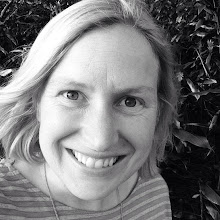 So we're headed to Hawaii to serve a mission in Kona from December to May. We met in Hawaii 13 years ago, and we are overjoyed at the idea of going back in an Orthodox context, to serve a community that we've heard wonderful things about. We're ready for a new challenge and adventure and we rejoice in this opportunity.
So we're headed to Hawaii to serve a mission in Kona from December to May. We met in Hawaii 13 years ago, and we are overjoyed at the idea of going back in an Orthodox context, to serve a community that we've heard wonderful things about. We're ready for a new challenge and adventure and we rejoice in this opportunity.Each time I'm out among strangers, at the Gap or the hair salon or on the train, I have to resist the temptation to share our news with innocent bystanders. And sometimes after I've casually mentioned that I really do need these t-shirts because I'm headed to Hawaii in December, I have to take myself aside and ask myself if it was really necessary for me to volunteer that information.
Anna can't wait to snuggle up with the geckos, and she's elated about wearing flip-flops all winter long. But there is one problem. The other night, as she was settling down to sleep and Freda was curled at her feet she asked me if we could get a puppy.
"Not before Hawaii, because we would have to leave the puppy here," I said. " Even Freda will have to stay here."
"But are there pets stores there?" she asked.
"I don't know--we could look around," I said.
"Can we rent a dog?" she asked.




